Main missions
The driller is in charge of carrying out the drilling operations in the field. The driller is responsible for handling and controlling drilling equipment to create oil or natural gas wells.
The driller plays a vital role in the execution of drilling operations in the field. His mastery of drilling techniques, his ability to maintain and repair equipment, and his commitment to safety are crucial to the successful exploitation of oil fields.
Job activities
A driller will be responsible for the following activities:
-
Preparation of the drilling site: The driller is responsible for preparing the drilling site by installing and securing the necessary equipment, such as the drilling rig, drill rods and drilling tools.
-
Drilling operations: The driller performs the actual drilling operations, using specific methods such as rotary drilling. It manipulates the controls of the drilling rig to control the speed, direction and pressure of drilling.
-
Equipment maintenance: The driller is responsible for the maintenance and upkeep of the drilling equipment. He carries out regular checks, minor repairs and ensures that the equipment is in good working order.
-
Compliance with safety procedures: Safety is paramount in drilling operations. The driller ensures that safety procedures are followed, including the proper use of safety equipment, compliance with applicable safety regulations and standards.
-
Sampling of geological formations: The driller collects samples of rocks and fluids during drilling, which are then used by geologists and engineers to assess reservoir characteristics and the presence of oil or gas.
-
Monitoring of drilling parameters: The driller continuously monitors drilling parameters such as well pressure, drilling mud flow and downhole parameters. He communicates this information to the supervision team to make appropriate operational decisions.
-
Solving technical problems: The driller faces various technical problems during drilling, such as jamming of the drilling tool, loss of mud or instabilities of the well walls. He must be able to diagnose and solve these problems quickly and efficiently.
-
Collaboration with drilling team: The driller works closely with other members of the drilling team, including drilling engineers, geologists and supervisors, to ensure effective coordination of operations.
-
Reporting and documentation: The driller maintains detailed records of drilling operations, including drilling parameter records, reports of incidents or problems encountered, and safety and compliance information.
Required skills
A driller must have the following skills:
-
Thorough knowledge of drilling techniques: Proficiency in drilling methods used in the petroleum industry, such as rotary drilling, directional drilling and horizontal drilling.
-
Drilling Equipment Handling Skills: Ability to handle and control drilling equipment such as drill rig, drill rods, drill bits, drill motors and pumps.
-
Maintenance and repair skills: Ability to perform basic maintenance tasks on drilling equipment, detect technical problems and perform minor repairs when necessary.
-
Knowledge of Safety Procedures: Familiarity with safety procedures specific to the petroleum industry, including safety standards, handling of drilling fluids, use of Personal Protective Equipment (PPE), and incident prevention.
-
Problem Solving Skills: Ability to quickly diagnose and resolve technical issues that arise during drilling operations, such as equipment problems, drilling mud leaks, or well instabilities.
-
Communication Skills: Ability to communicate effectively with drilling crew members, supervisors and other petroleum industry professionals to ensure smooth coordination of operations.
-
Data interpretation skills: Ability to interpret drilling data, such as drilling parameter records, rock samples and geological data, to evaluate well performance and provide useful information to other team members .
-
Physical Skills: Ability to work under physically demanding conditions, including the ability to lift and handle heavy loads, work at heights and stay alert for long hours.
-
Teamwork Skills: Ability to work effectively in a team, follow instructions and collaborate with other petroleum industry professionals to achieve drilling objectives.
-
Regulatory Knowledge: Familiarity with environmental, safety and health regulations governing oil drilling operations, and ability to apply them in daily activities.
Mission offers
Other Drilling & Reservoir Jobs

Faced with the acceleration of the energy transition, the skills of energy experts are a real challenge for the decades to come. It is important to us to analyze the strategic positions of the oil and gas, renewable and nuclear sectors so that our consultants can understand the possible bridges from one sector to another. This will allow us to transform the energy landscape together.
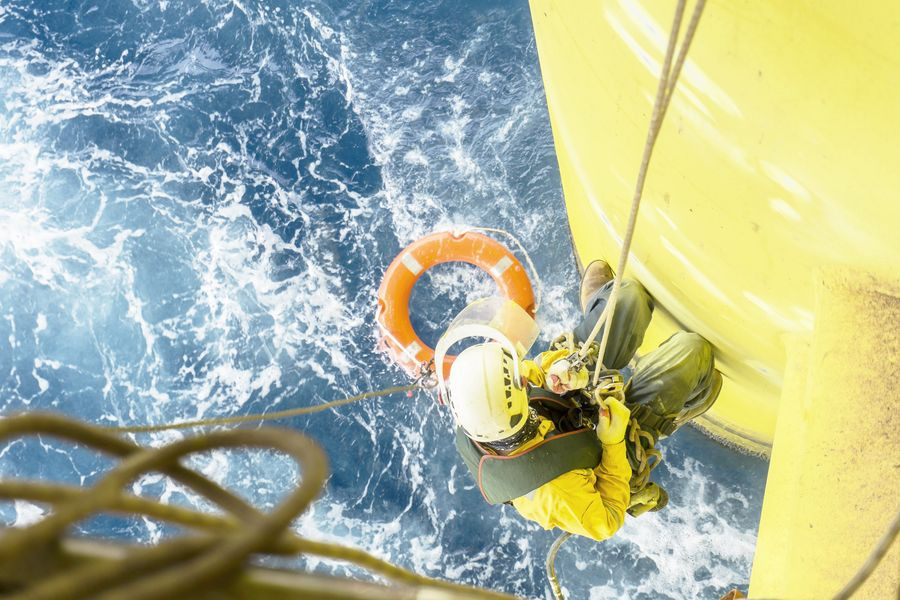
Testimonials
Altea Energy provides a quality and documented onboarding & transition process. They have a good administration and follow up to facilitate the Consultant’s assignment. The salary is good and paid on a timely manner.
Eric, Lead Process Engineer.
I appreciate the excellent communication and quick responses from the Altea Energy team. Nice team.
Emilio, OLC Reggane
I appreciate the logistics support for my business travels.
Jacques, FC Superintendant
Everyone is attentive, especially the top management.
Marcos, Cost Control and Planner
There is good communication between the different departments (especially in the Paris office, in my experience) and the clients, employees, contractors. Administrative procedures are respected.
Eric, Process engineering manager
Good people, helpful, no problem!
Derrick, Consultant
Very happy to work with such an efficient team!
Zhengyi, Contract Engineer
I appreciate the access to the web portal to submit timesheets and expenses, and the communication with the local team in France.
Claude, Contract Engineer
The Altea Energy team is ready to listen.
Mohammed, Planning & Cost Control Engineer
Altea Energy helps us in our travels.
Juan Carlos, HSE Drilling Coordinator
I appreciate the treatment of the consultants by the team members.
Cesar, Piping Engineer
Altea Energy offers a quick response to our inquiries!
Kacem, Consultant
I appreciate the local team and the integration process.
Jihed, Well Intervention Engineer
What I like about Altea Energy is the good treatment from the whole team, even though I am a new consultant in the company.
Abdelhalim, Senior Well Site Supervisor
Good communication with the entire Altea Energy team: operations support, finance, sales. Prompt response to any request and good support. Acceptable payment terms from timesheet submission.
Slim, Senior Drilling Engineer
I love to have flexibility in my work schedule and in my family life.
Moustafa, Well Services Supervisor
Altea Energy gives us access to precise details and clear objectives that allow us to deliver the work for the clients.
Muhammad, Data Engineer
I am grateful for the opportunity to work at Altea Energy. I thank you for your support and encouragement that has allowed me to grow personally and professionally.
Rafiq A., Software Engineer
What I like the most about my current job with Altea Energy is that every day offers me new challenges.
Mohamed Bouziane, Expert Well Site Supervisor
The staff is responsive and performs their responsibilities quite well.
Hishem, Desk Engineer
What I like the most in Altea Energy's services is their web portal.
Mehdi, HSE
Altea Energy provides quick and correct support and feedback when we need help.
Abdelkader, Well Site Supervisor
The Altea Energy team is very good in terms of administrative work and communication with the consultants.
Dody Rindra, Network Plannning and Optimization
I appreciate the company's credibility. It is a good organization.
Abdelbaset, Well Site Supervisor 3
I appreciate the communication with the local team in Algeria. They are good professionals.
Hocine, Fluids Specialist
There is a very good communication with the local team and the headquarters' team in France.
Abdereezak, Drilling Superintendent
Everything is perfect!
Hicham, Experts Well Services Supervisor
I liked the hiring process and since I started my assignment with Altea Energy, I appreciate the support for travel bookings and their travel procedures.
Alaa El Dine, Cost Control
For me, the Altea Energy team always provides the best possible support. They respond quickly to our emails and calls, and they are also very kind and understanding.
Faouzi, Software Engineer 1
Their communication and the Consultant's web portal are the two things I like the most about my experience with Altea Energy.
Mohamed, HBR Head of Material Management
I like Altea Energy's ability to respond quickly to my requests.
Wajdi, Night Drilling Supervisor
Everything is easy and fluid in the relationship with the Altea Energy team, without any complications. I hope it will continue this way!
Charaf Eddine, Head of Electrical
The transparency and fluidity of contracts & documentation, as well as the good communication are what I appreciate the most about my experience with Altea Energy.
Farhat, Consultant Night Drilling Supervisor
Communication is fast and easy with Altea Energy's administrative team. There is a good understanding and cooperation.
Abdelkrim, Well Measure and Control Technician
The Altea Energy team is really very prompt, so friendly, always helping, sincere and makes everybody proud.
Chittiyya, Drilling HSE Coordinator
The Altea Energy team always has a friendly and professional approach.
Kishwar Zeb, Well Integrity Engineer
Altea Energy is a very professional and strong team.
Ibrahim, Reservoir Simulation Consultant.
What I like at Altea Energy is the teams’ transparency, the company’s good reputation and the job opportunities they offer.
Mondher, Night Drilling Supervisor.
I appreciate their quick answer for travel bookings.
Mouloud, Rigless Superintendent.
What I like the most in their services is the personalized handling of travel arrangements and visa renewal process. The relevant Altea Energy personnel are contactable at any time and their responses are always timely. Kudos and thank you!
Mohd Razali, Contract Engineer.
What I like the most in my experience with Altea Energy is the high level of communication from all the parties since I started working as consultant.
Abdallah, HSE Supervisor.
Altea Energy is a professional recruitment agency staffed with qualified and dedicated technicians.
Salim, Logistics Supervisor.
Altea Energy team is professional and respectful of their consultants.
Hattay, Consultant coring specialist.
What I appreciate the most in Altea Energy is their professionalism and good treatment of their employees.
Emilio, OLC.
What I like the most in my experience is their interest in answering any question we ask and the operations support follow up from the Altea Energy team.
Mohamed, Unix / Linux System Administrator and Subsurface Application Support.
Altea Energy processes are simple and easy to follow.
Muhammad, Data Engineer.
What I like the most in my experience? The job offer.
Lahcene, HSE supervisor.
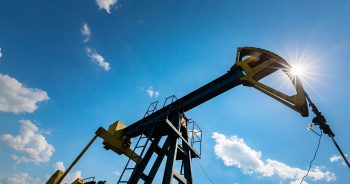
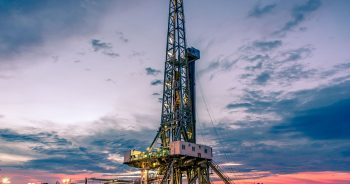
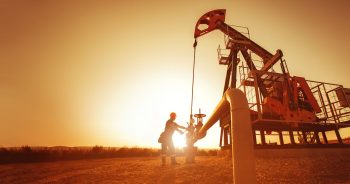
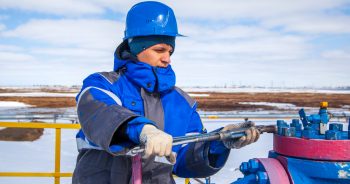
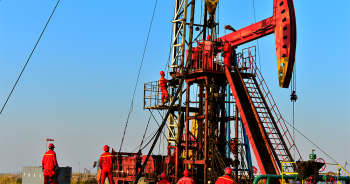
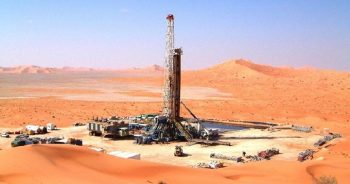
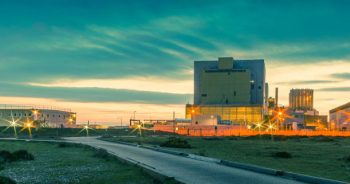
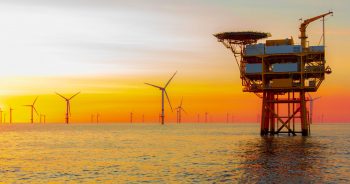
![[Recruitment – Energy Sector] How to give the best during your interview with Altea Energy?](https://altea-energy.com/wp-content/uploads/altea-tips-interview-energy-asma-boubakri-350x184.jpg?v=1715338452)